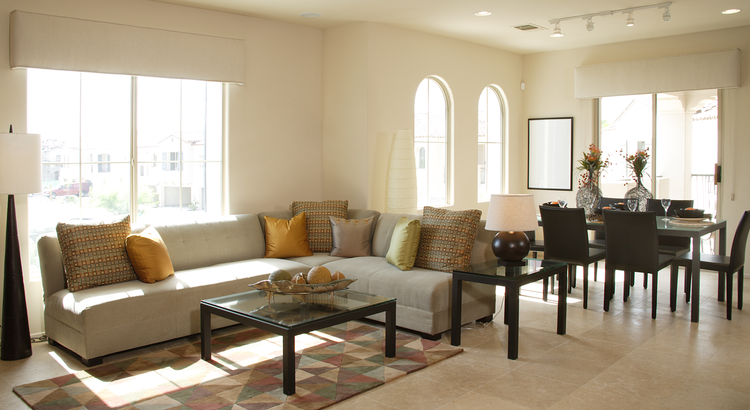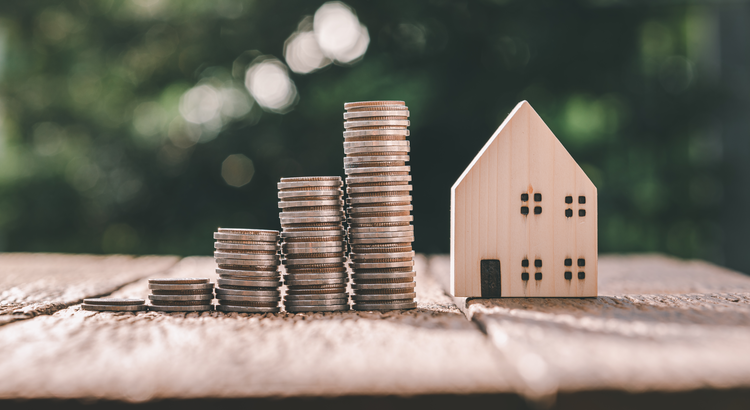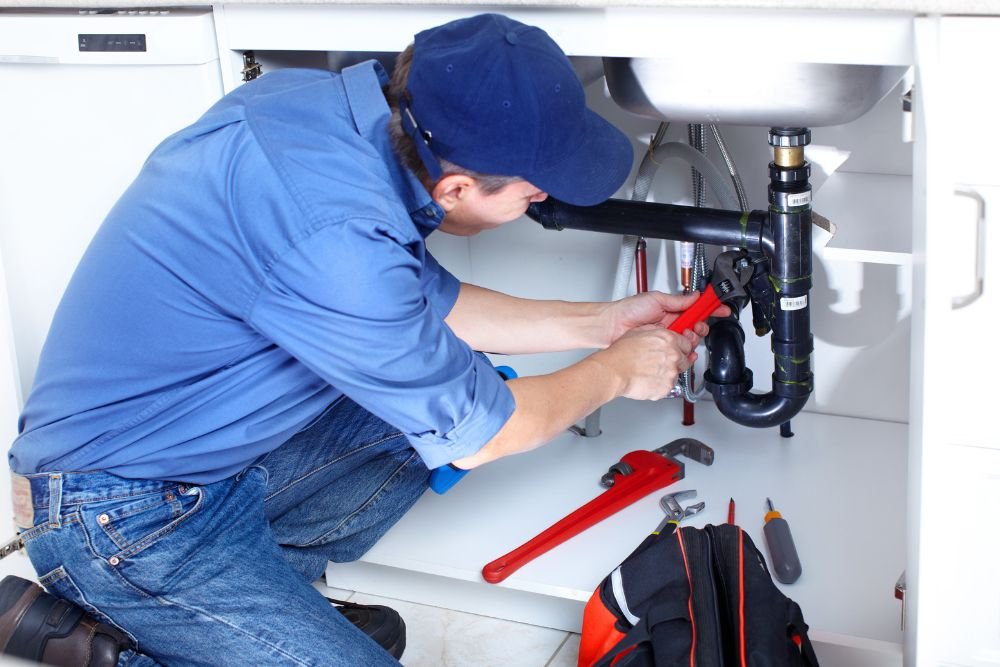If you’re preparing to buy a home, understanding what to budget plan for and how to conserve might sound intimidating– however it doesn’t need to be. One way to relieve those issues is to make certain you understand a few of the costs you might encounter up front. And to do that, constantly turn to trusted property specialists. They can help you set a plan and take a tactical look at your budget plan and your procedure before you even get going.
Here are just a couple of things professionals say you need to be considering.
1. Deposit
Conserving for your down paymentis most likely top of mind as you set out to purchase a home. However do you understand just how much you’ll need? While every purchaser’s scenario is different, there’s a common misunderstanding that putting 20% of the purchase price down is needed. A post from the Mortgage Reports explainswhy that’s not always the case:
“The idea that you have to put 20% down on a home is a misconception … The correct amount depends on your existing cost savings and your home buying objectives.”
To understand your alternatives, partner with relied on real estate experts to go over the numerous loan types, deposit assistance programs, and what every one requires. The more you know ahead of time, the simpler the process will be.
2. Closing Costs
Ensure you likewise spending plan for closing costs, which are a collection of charges and payments made to the numerous celebrations associated with your transaction. Bankrate discusses:
“Closing costs are the fees you pay when finalizing a property deal, whether you’re refinancing a mortgage or buying a new home. These costs can total up to 2 to 5 percent of the mortgage so it’s crucial to be financially gotten ready for this expense.”
The very best method to understand what you’ll require at the closing table is to deal with a trusted lender. They can provide you with responses to the questions you may have.
3. Earnest Money Deposit
If you wish to cover all your bases, you can also consider saving for an earnest money deposit (EMD). An EMD is cash you pay as a program of great faith when you make a deal on a home. According to Realtor.com, it’s typically in between 1% and 2% of the overall home price.
This deposit works like a credit. It’s not an added expenditure– it’s paying a portion of your costs upfront. You’re utilizing some of the cash you’ve currently conserved for your purchase to show the seller you’re dedicated and serious about purchasing their house. Realtor.com describeshow it works as part of your sale:
“It informs the real estate seller you’re in earnest as a purchaser … Assuming that all works out and the purchaser’s good-faith deal is accepted by the seller, the earnest money funds approach the down payment and closing costs. In result, down payment is simply paying more of the down payment and closing costs upfront.”
Remember, an EMD isn’t needed, and it doesn’t ensure your offer will be accepted. It’s essential to deal with a realty advisor to comprehend what’s best for your circumstance and any specific requirements in your city. They’ll advise you on what relocations you need to make so you can make the best possible decisions throughout the buying procedure.
Bottom Line
When purchasing a home, being informed about what to conserve for is essential. Let’s connect so you’ll have a professional in your corner to address any questions you have along the way.







